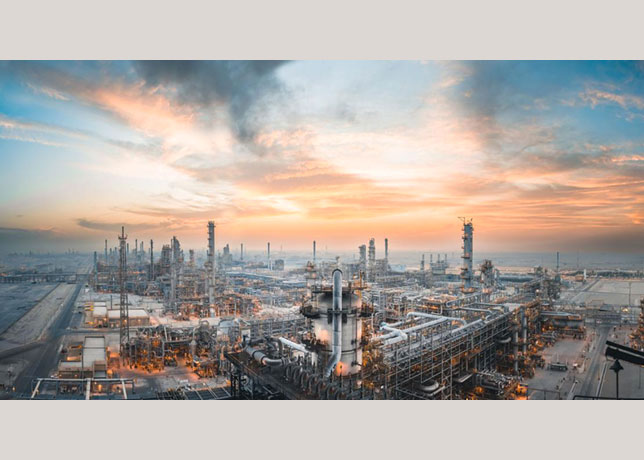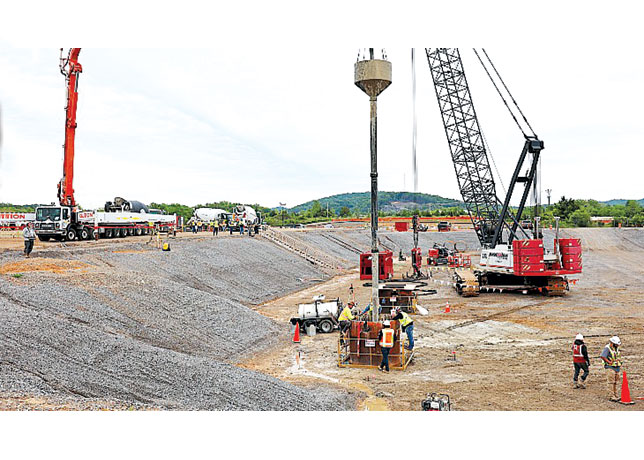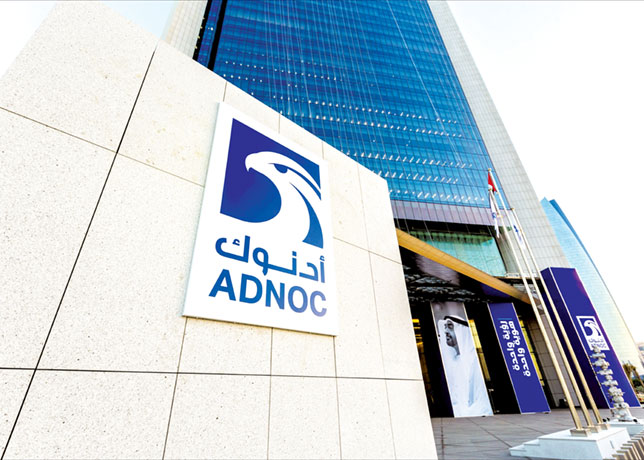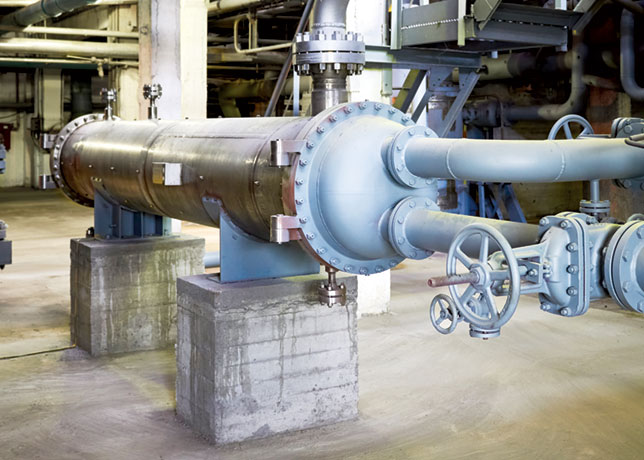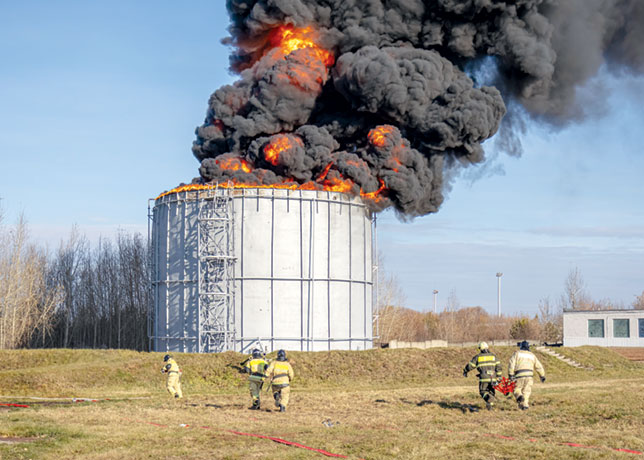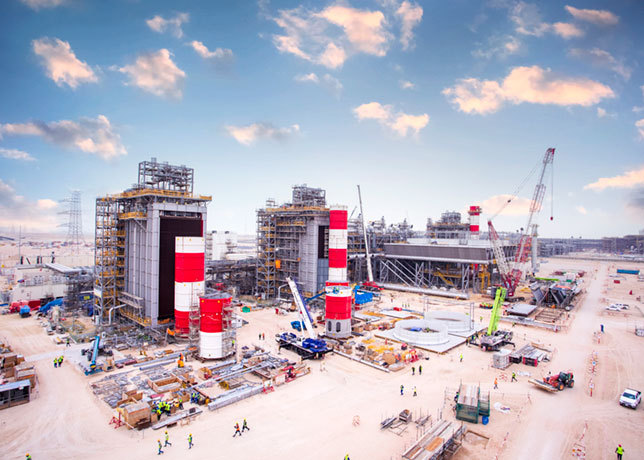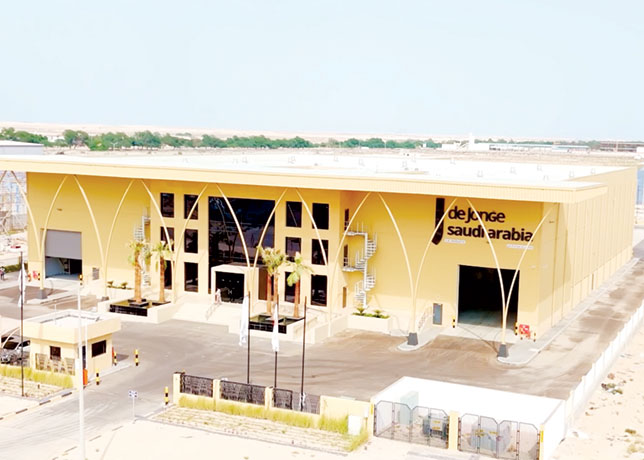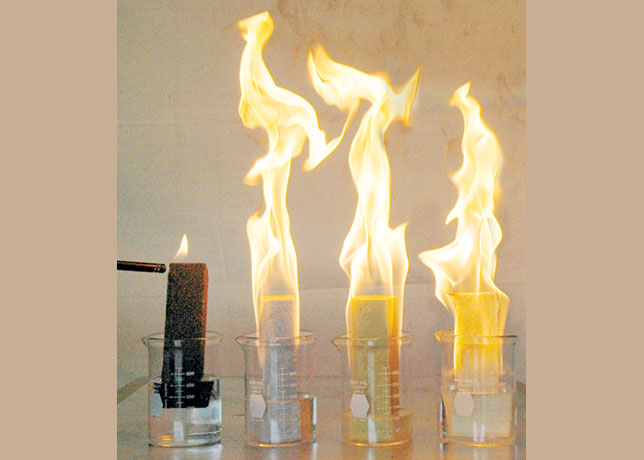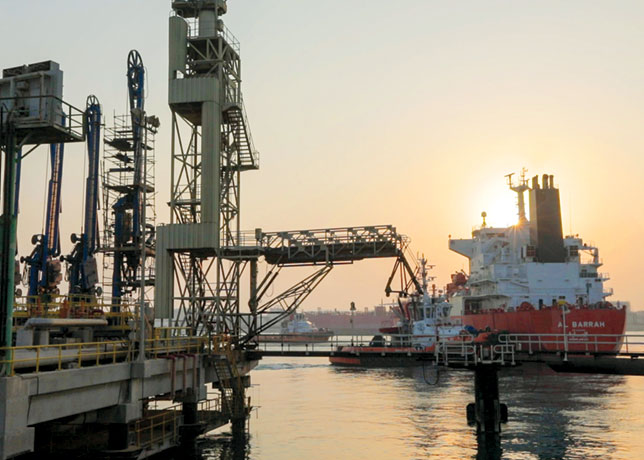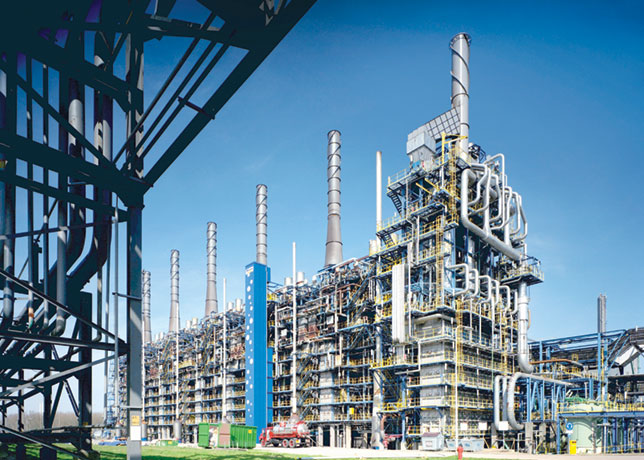
Global oil prices jumped after Israel said it had struck Iran in a dramatic escalation of tensions in the Middle East. The price of the benchmark Brent crude rose more than 10%, reaching its highest level since January, before losing some gains, reported BBC.
Traders were concerned that a conflict between Iran and Israel could disrupt supplies coming from the energy-rich region.
The cost of crude oil affects everything from how much it costs to fill up your car to the price of food at the supermarket.
After the initial jump, oil prices eased a little. But Brent crude still ended the day more than 7% higher than Thursday's closing price, trading at $74.23 a barrel.
Despite Friday's moves, oil prices are still more than 10% lower than where they were at the same point last year. They are also well below the peaks seen in early 2022 following Russia's invasion of Ukraine, when the price of crude soared well above $100 a barrel, said the BBC report.
Share prices fell across Asia and Europe on Friday. Japan's Nikkei share index ended the day down 0.9%, while the UK's FTSE 100 index closed 0.39% lower.
Stock markets in the US also closed down. The Dow Jones Industrial Average fell 1.79% while the S&P 500 was down 0.69%.
So-called "safe haven" assets such as gold and the Swiss franc made gains. Some investors see these assets as more reliable investments in times of uncertainty.
The gold price hit its highest level for nearly two months, rising 1.2% to $3,423.30 an ounce.
Following Israel's attack, Israeli Defence Forces (IDF) said Iran had launched around 100 drones towards the country.
Analysts have told the BBC that energy traders will now be watching how much the conflict worsens in the coming days.
"It's an explosive situation, albeit one that could be defused quickly as we saw in April and October last year, when Israel and Iran struck each other directly," Vandana Hari of Vanda Insights said while talking to the BBC.
"It could also spiral out into a bigger war that disrupts Mideast oil supply," she added.
Analysts at Capital Economics said that if Iran's oil production and export facilities were targeted, the price of Brent crude could jump to around $80-$100 a barrel.
However, they added that such a spike in prices would encourage other oil producers to increase output, ultimately limiting the price rise and the knock-on effect on inflation.









